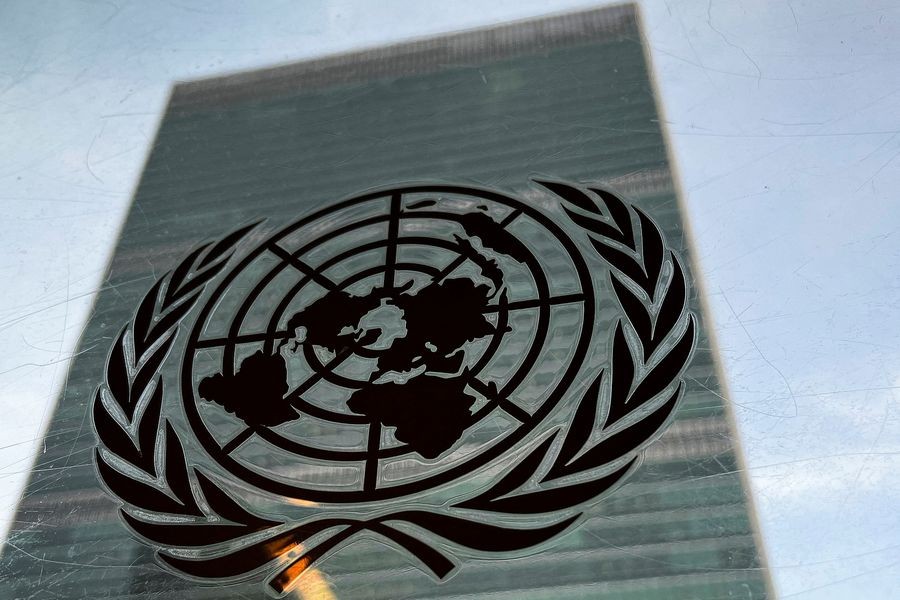Greenhouse gas concentrations climbed at above-average rates to new records last year, the UN weather agency said on Wednesday, warning that time is running out for people to make the transformational changes needed to cap global temperature rises.
The annual report by the World Meteorological Organisation is the first of several released ahead of a UN climate summit next month in Egypt and aims to spur leaders into action, reports Reuters.
Hikes in the atmospheric concentration of all three greenhouse gases - carbon dioxide, methane and nitrous oxide - outstripped the average increase over the past decade, it showed, meaning they are now all at new record levels.
Concentrations of the main greenhouse gas carbon dioxide rose by 2.5 parts per million to 415.7 - a level not seen since at least 3 million years ago when the Earth was much warmer. The jump in the potent, heat-trapping gas methane was the highest since records began in 1983, the report said. Methane is the number 2 gas contributing to warming after carbon dioxide.
"The continuing rise in concentrations of the main heat-trapping gases, including the record acceleration in methane levels, shows that we are heading in the wrong direction," said WMO Secretary-General Petteri Taalas, calling for a transformation in energy, industry and transport systems.
"The needed changes are economically affordable and technically possible. Time is running out," he said.
Greenhouse gases are responsible for warming the planet and triggering extreme weather events like heatwaves and intense rainfall. Unlike emissions which can be cut, such as through reduced travel and industry during the pandemic, much of the carbon dioxide emitted decades ago remains in the atmosphere and activates slow processes like sea-level rises over millennia.
The WMO said scientists are investigating the reason for the exceptional hike in methane levels of 18 parts per billion to 1,908 last year following a similar increase in 2020. The largest contribution came from wetlands, landfills and rice paddies - a factor which might be caused by warmer weather speeding up natural decomposition processes, the WMO said.
Oksana Tarasova, a senior scientific officer at the WMO, called for an expansion of the monitoring network, especially near wetlands. "This is pretty scary. You can't know where you are heading if you don't understand the exact processes," she told Reuters.


